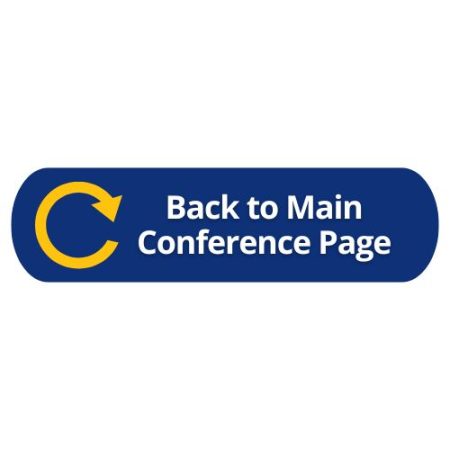Session Chairs
Fiana JACOBZON
Emil SAUCAN
Stability of Euler-Einstein and Euler-Nordström systems with a positive cosmological constant
14:45 – 15:00
Lavi KARP, Applied Mathematics
We study non-linear wave equations derived from Einstein/Nordström theory of gravitation. These are partial differential equations of hyperbolic type. The presence of the cosmological constant enables, in some particular cases, the achievement of global solutions for these non-linear wave equations, thereby demonstrating the stability of these systems.
Filtration families of semigroup generators
15:00 – 15:15
Fiana JACOBZON, Applied Mathematics
I specialize in Complex Analysis, with a particular focus on Geometric Function Theory and Dynamical Systems, emphasizing their interplay and mutual influence.
Filtration of semigroup generators, part 2
15:15 – 15:30
Mark ELIN, Applied Mathematics
We are interested in different sets of semigroup generators and relations between these sets.
Units of twisted group rings and their correlations to classical group rings
15:30 – 15:45
Ofir SCHNABEL, Applied Mathematics
My research deals with abstract algebra. More specifically, I am interested in group gradings of semisimple algebras, (projective) representation theory and (twisted) group rings and their units.
Statistics over combinatorial structures
15:45 – 16:00
Walaa ASAKLY, Applied Mathematics
My research focuses on combinatorial structures such as words over finite alphabets, set partitions, and compositions. These structures relate to programming sciences and physics. For each structure, I define statistics (collections of elements satisfying certain features) and aim to enumerate how many elements meet these conditions. This approach reveals structural and computational properties across different systems.
Discrete cooperative coverage problems with general aggregate signal function
16:00 – 16:15
Illana BENDAVID, Industrial Engineering and Management
Project scheduling with stochastic durations: determination of a gate for each activity, a time before which the activity cannot begin, to minimize expected costs using the cross entropy heuristic .Appointment Scheduling in Healthcare: it allows to balance between quality of service and waiting time versus idle times and resource utilization.
Cooperative coverage problems: the selection of facilities to maximize the coverage where all facilities contribute to the coverage of each demand point.





